School & Work
Welcome to the School and Work section!
Since you clicked on this page, two things are probably true:
You’re at that stage of life when you want some info about education and careers
You might want to know if there are any special things you should do (or not do) when you have CHD
Going to school
Career planning starts with education choices and good advice from a career counselor – Pump up the brain!
You might still be in high school. If so, keep up the good work – you’re almost done! Most people with CHD who go to college or university can study whatever interests them.
But it’s probably good to keep in mind how much physical work is involved in the college or university program and whether your heart is up for it. For example, many Physical Education or Kinesiology programs require students to do some hard physical activity. So look at the course outlines ahead of time – it wouldn’t be fun if you got part-way through a program and later found out that it wasn’t a good match for your heart!
Picking a college or university – Map it out!
For people with CHD with physical limitations, it is a good idea to look at the physical lay-out of the college or university. Some campuses are spread out over large areas and students will have classes in many different buildings. If you tire easily when walking, choose a school with shorter walking distances. You might want to check out the actual buildings. Some old buildings are really beautiful…and full of staircases. You could be climbing those stairs every day for two to four years….
If you’re going to live on campus, you should think about these same things (like walking distance). You might find a great apartment, but it might not be that great if you have to climb 4 flights of stairs or walk 8 blocks to and from classes in the middle of winter.
Need some extra help or extra time with school?
If so, ask your cardiologist to write you a letter ahead of time. You can give this letter to Student Health or Disability Services at your school. These services make sure that physical needs are considered while you’re at school. For example, you might need extra time to do your school work if you are unwell or in the hospital.
You might want to check out these helpful videos about ‘Becoming an Adult’!
Getting a job
Once you have finished your school or training, you might suddenly think…Now I need to get a job!!
Our advice: Work the brain and not the bicep!
We often recommend that people with CHD aim for ‘desk’ jobs instead of heavy physical work for the best long-term career results.
For example, some people with CHD might study landscaping at college and graduate and start working as a landscaper. This might be fine for a patient in their early 20’s. But if that person has a weak heart, this might not be a good job when they’re older.
Remember – you might work at your job for 30 – 40 years. Plan ahead and think about the impact of your CHD in the short and long-term. You can ask your doctor what he or she thinks your heart will be like in 10 years…in 20 years…in 30 years. Can it do the job you’re planning to do?
Something to consider: Employee Benefits
You need life-long medical care for your heart condition. You might also have future hospital stays.
Look for a company with a good Benefits package. When we talk about Benefits, we mean the following:
- Health insurance (including prescription medication benefits)
- Extended benefits (like dental coverage, glasses, physiotherapy)
- Sick leave (in case you have to go into hospital for a week)
- Short-term Disability coverage (in case you have to take several weeks off)
- Long-term Disability coverage (in case you reach a point when you can’t work any more)
- Life Insurance
- Large companies tend to be the best choices because they often have group benefits. This means that all workers are covered for most things – no questions asked.
You may want to ask your cardiologist the following questions:
- Do I have any job restrictions?
- What kind of jobs are best for me?
- Will my medications affect my job?
This program was developed by:



